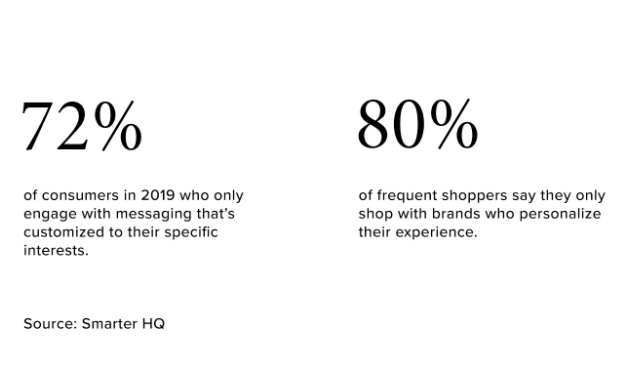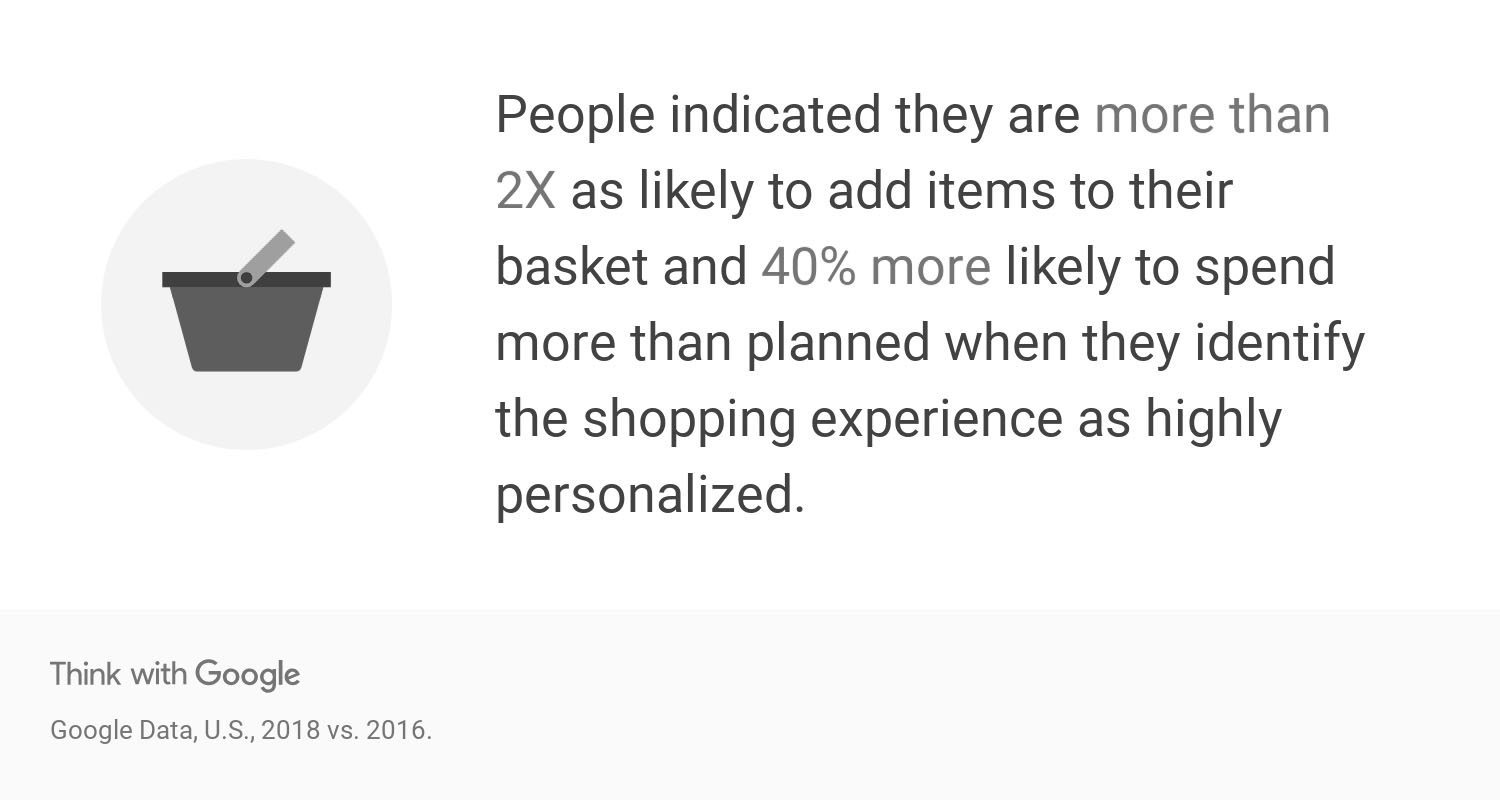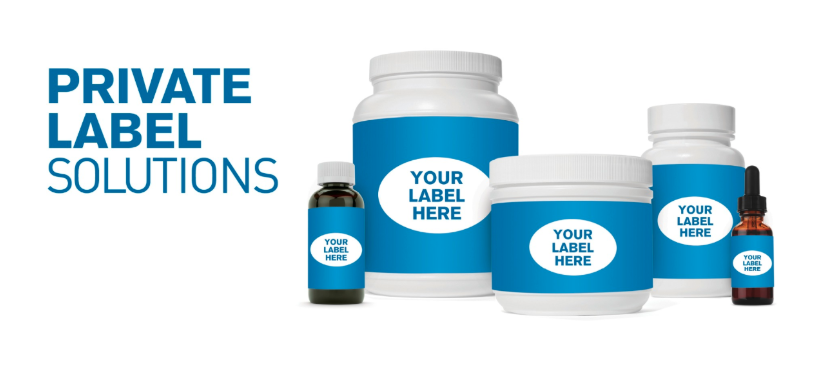The How and Why Behind B2B Personalization
4 Min Read
B2B buyers don’t leave their B2C consumer selves at home when they go to work. They bring those expectations with them, the expectations that they’ll be presented with relevant offers and recommendations and a streamlined intuitive experience.
Judy Weader, Principal Advisor of Forrester’s CX Council has the perfect analogy for this: “I have the same expectations of how my email is going to work on my phone regardless of if it’s my personal email or my work email.” Consumer demand for smooth and convenient user experiences is very much business-model agnostic. It’s applicable to B2C, B2B or D2C.
A common argument is that business-to-business and business-to-consumer customers approach purchasing with a different mindset – shopping in their personal lives is more emotionally driven versus shopping for work is more rational. I would argue that this is a generalization that vastly oversimplifies these consumer types. The reality is “emotional” tendencies aren’t necessarily switched off when we’re purchasing at work. Buyers still have subconscious biases guiding them through the sale. They’re still people with emotions that want a thoughtful and personalized experience.
More likely than not, your B2B business has a sizeable millennial audience who are purchasing from D2C brands (direct-to-consumer) who are nailing these customer-centric experiences.
We’re not suggesting B2B retailers should adopt a trendy marketing strategy aligned with that of D2C eyeglasses, fancy bath mats or subscription razors. But they should provide a customer experience that makes it easy for visitors to find what they’re looking for and complete their purchase online in a timely manner. One way to do this is with personalization.


You’re never really selling to a business; you’re selling to people who happen to work at a business.
Personalization allows you to treat consumers as individuals. To do this, you should first understand the context they’re purchasing in. They may have an hour blocked off in their calendar to research retailers, compare products and services and then place the bulk order. Or it may be a longer-term purchase involving multiple employees and deliberation. Regardless of this, if they’re struggling to figure out specifics about your product/service or unable to find what they’re looking for efficiently, they may go elsewhere. There are various ways you can accommodate these visitors with personalization. Let’s discuss a few of these ways.
CUSTOMER SEGMENTATION + PERSONALIZATION
One advantage many B2B ecommerce merchants have over B2C is the required login. This allows them to collect data directly from the source (the consumer) before they’ve even placed an order. The retailer may ask the user registering what industry they’re in or their position in the company. Even a few simple questions will allow you to personalize their experience and present offers and recommendations they’re most likely to be interested in, as soon as possible in their customer journey. For example, if a pharmaceutical company knows they’re selling to a Psychiatrist, they’re able to recommend relevant medications.
Another advantage B2B has in the context of personalization is that they’re more likely to have recurring customers. Meaning, they have access to more sufficient purchase history data that can be hugely informative at predicting what the customer may want to purchase next. This is where you might implement various ‘you may also like’ or ‘frequently purchased together’ modules throughout the customer journey. Artificial intelligence solutions (Corra partners with Adobe Target, Dynamic Yield, and Nosto) analyze data points such as geography, time of day, peer baskets and purchase history to present relevant offers and recommendations.
For Atrium Innovations, the Nestle-owned multi-brand supplier of vitamins and supplements, Corra implemented an ‘add to favorites’ capability (similar to a wishlist) which allowed registered customers to easily edit and reorder their favorited list of products.


Another form of personalization is allowing users to personalize the product or service itself to their specific needs. Corra built a capability for ‘Private Label Solutions’ for Atrium using Artifi. Practitioners are now able to upload labels with their own logo or design and order products (vitamins, supplements, etc.) to be customized for their business.


There is a multitude of different ways to personalize the shopping experience (or offering) the way a sales rep may do in real life. Ultimately, the right personalization strategy is dependent on your unique business and target audience. Corra has Revenue Optimization, Customer Experience Design and Solution Strategy teams that work collaboratively to determine the perfect formula for our clients that will maximize conversions. Reach out to learn more.

